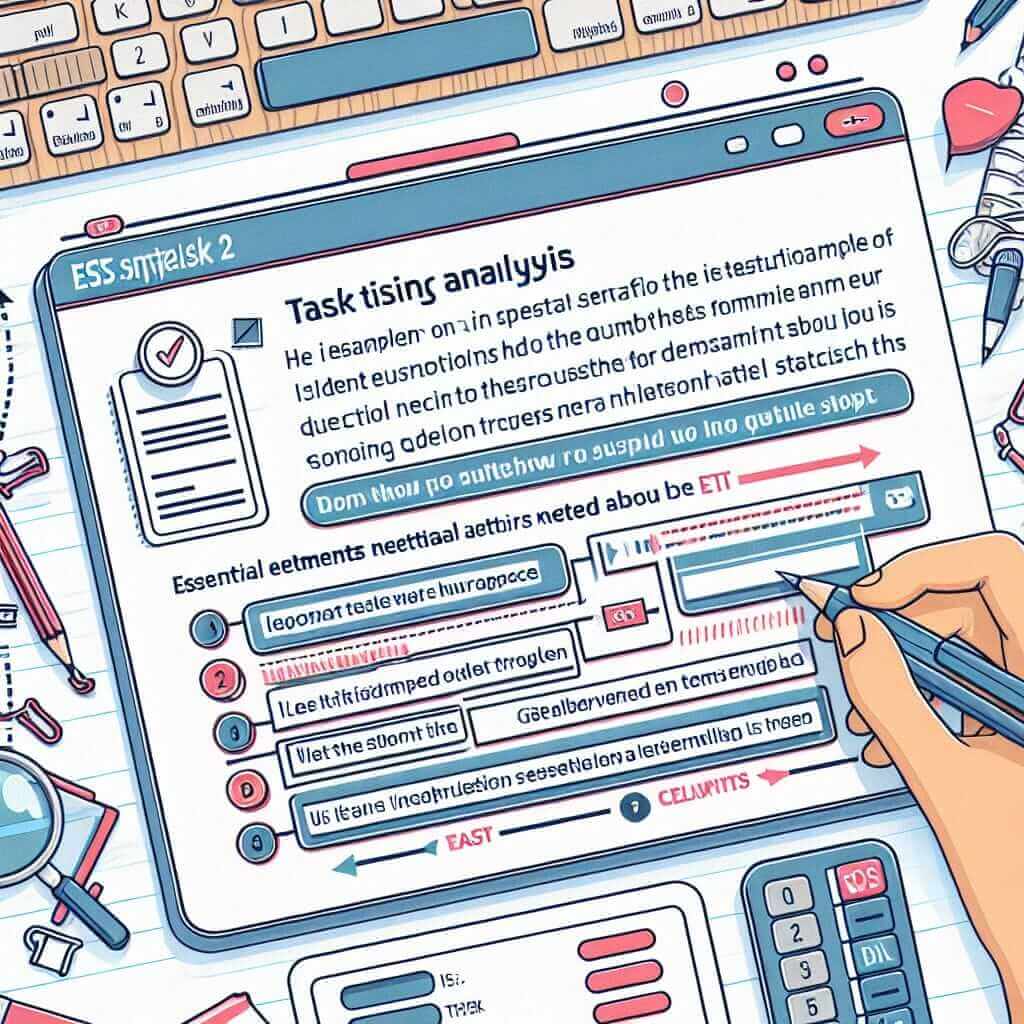The International English Language Testing System (IELTS) is a globally recognized English proficiency test that opens doors to academic and professional opportunities. For many aspiring test-takers, the goal is not simply to pass but to achieve a high band score. This comprehensive guide, crafted from my 20+ years of experience as an IELTS instructor, will equip you with the knowledge and strategies to excel in your IELTS exam.
Understanding the Importance of a High IELTS Score
Before diving into preparation strategies, let’s understand why aiming for a high IELTS score is beneficial:
- Wider University Choices: Many prestigious universities worldwide require a specific IELTS band score for admission into their programs. A higher score increases your chances of securing a place in your dream institution.
- Enhanced Career Prospects: In today’s globalized job market, employers often prioritize candidates with strong English communication skills. A high IELTS score on your resume demonstrates your proficiency and can give you a competitive edge.
- Increased Confidence: Achieving a high score validates your English language abilities, boosting your confidence in academic, professional, and social settings.
Key Strategies for IELTS Success
1. Master the Four Skills
IELTS assesses your proficiency in four key language skills: Listening, Reading, Writing, and Speaking. To attain a high band score, you must excel in all areas:
Listening:
- Practice Active Listening: Train yourself to focus on the audio and identify key information, such as dates, names, and main ideas.
- Familiarize Yourself with Accents: Listen to a variety of English accents (British, American, Australian, etc.) to enhance your comprehension.
- Utilize Resources: Practice with IELTS listening tests available online and analyze your mistakes.
Reading:
- Develop Skimming and Scanning Skills: Learn to quickly grasp the main idea of a passage (skimming) and locate specific information (scanning).
- Expand Your Vocabulary: Regularly learn new words and practice using them in context.
- Time Management is Crucial: Allocate your time wisely for each reading passage and practice answering questions within the given time limit.
Writing:
- Understand the Task Requirements: Carefully analyze the question prompts and ensure you address all parts of the task.
- Structure Your Writing: Use a clear and logical structure with an introduction, body paragraphs, and a conclusion.
- Focus on Grammar and Vocabulary: Use a variety of sentence structures and vocabulary accurately.
Speaking:
- Speak Fluently and Clearly: Practice speaking English regularly to improve your fluency and pronunciation.
- Expand Your Vocabulary and Grammar: Use a range of vocabulary and grammatical structures to express yourself effectively.
- Be Confident and Engaging: Maintain eye contact with the examiner, speak clearly, and express your ideas with enthusiasm.
2. Utilize Practice Tests Effectively
Practice tests are invaluable tools for IELTS preparation:
- Simulate Exam Conditions: Take full-length practice tests under timed conditions to familiarize yourself with the exam format and pressure.
- Identify Strengths and Weaknesses: Analyze your performance on practice tests to identify areas where you excel and areas that require further improvement.
- Track Your Progress: Regular practice and analysis allow you to monitor your progress and make necessary adjustments to your study plan.

Example: Analyzing an IELTS Writing Task 2 Question
Let’s examine a sample IELTS Writing Task 2 question and break down the key elements:
Question:
“Some people believe that the best way to improve public health is by increasing the number of sports facilities. Others, however, believe that there are other measures that are more likely to be effective. Discuss both views and give your own opinion.”
Analysis:
- Type of Essay: This is an “opinion” essay where you need to discuss both sides of an argument and provide your own viewpoint.
- Key Concepts: The main concepts are “public health,” “sports facilities,” and “other measures.”
- Structure: You could structure your essay by discussing the benefits of increasing sports facilities in one paragraph, followed by alternative measures (e.g., health education, access to healthy food) in another paragraph, and concluding with your own opinion.
Tips for Exam Day Success
- Get a Good Night’s Sleep: Ensure you are well-rested before the exam to perform your best.
- Arrive Early and Be Prepared: Allow ample time to reach the test center and gather your thoughts. Bring necessary identification and stationery.
- Stay Calm and Focused: It’s normal to feel nervous, but try to remain calm and concentrate on each task.
- Manage Your Time Wisely: Keep an eye on the clock and allocate your time effectively for each section.
- Don’t Leave Any Questions Blank: If you’re unsure of an answer, make an educated guess rather than leaving it blank.
Conclusion
Achieving a high IELTS score requires dedication, focused effort, and a strategic approach. By mastering the four key language skills, utilizing practice tests effectively, and following the tips outlined above, you’ll be well on your way to success. Remember, your IELTS journey is a testament to your hard work and commitment to achieving your academic and professional aspirations.